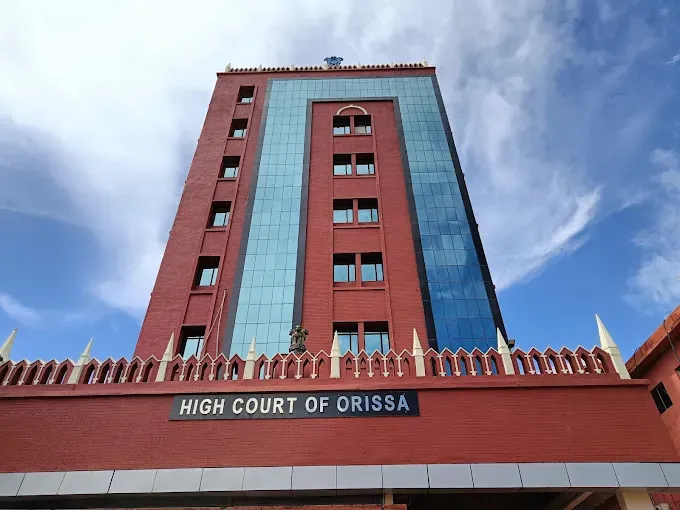In a recent judgment, the Orissa High Court underscored the imperative for strict adherence to the Supreme Court's guidelines mandating the disclosure of assets and liabilities by parties involved in maintenance proceedings. The court expressed its dissatisfaction with a Family Court's failure to implement these directives, highlighting the necessity for compliance to ensure equitable decisions in maintenance cases.
Case Background
The petitioner, a husband earning a monthly salary of ₹42,000, was subjected to multiple maintenance orders totaling ₹41,000 per month across three separate proceedings:
Under Section 12 of the Protection of Women from Domestic Violence Act: An order to pay ₹20,000 per month.
Under Section 24 of the Hindu Marriage Act: An order to pay ₹1,000 per month.
Under Section 125 of the Criminal Procedure Code (CrPC): An order to pay ₹20,000 per month.
The husband's counsel contended that neither party had submitted the mandatory affidavits disclosing their respective assets and liabilities, as required by the Supreme Court's ruling in Rajnesh v. Neha (2020). Furthermore, it was argued that the Family Court erred in ordering a maintenance payment of ₹20,000 effective from December 1, 2017, despite the husband's salary being only ₹10,300 at that time.
Supreme Court's Mandate in Rajnesh v. Neha
In the landmark judgment of Rajnesh v. Neha, the Supreme Court established comprehensive guidelines to ensure uniformity and fairness in maintenance proceedings. A pivotal aspect of these guidelines is the mandatory filing of affidavits disclosing assets and liabilities by both parties. This requirement aims to provide the court with a transparent view of the financial standings of both parties, facilitating an equitable determination of maintenance amounts.
The Supreme Court specified that the applicant must file a concise application accompanied by the affidavit of disclosure. The respondent is then required to submit their reply along with a similar affidavit within a maximum period of four weeks. The courts are advised not to grant more than two opportunities for the submission of these affidavits. Failure to comply may lead the court to proceed based on the applicant's affidavit and the available pleadings.
High Court's Observations and Decision
Justice Gourishankar Satapathy of the Orissa High Court observed that the Family Court had not adhered to the mandatory guidelines set forth in Rajnesh v. Neha. The High Court emphasized that when principles outlined in a judicial decision are directed to be followed mandatorily, the concerned court is obligated to implement such guidelines. The failure of the Family Court to do so necessitated a remittance of the case for fresh disposal in strict accordance with the established guidelines.
The High Court's decision underscores the critical importance of procedural compliance in maintenance cases. By mandating the disclosure of assets and liabilities, the judiciary aims to ensure transparency and fairness, preventing any concealment of financial information that could lead to unjust maintenance orders.
Implications of the Judgment
This judgment serves as a significant reminder to all Family Courts regarding the non-negotiable nature of the Supreme Court's directives in maintenance proceedings. The mandatory filing of affidavits disclosing assets and liabilities is not merely a procedural formality but a substantive requirement designed to uphold the principles of justice and equity.
For litigants, this ruling highlights the necessity of full and honest disclosure of financial information. Non-compliance or attempts to misrepresent financial standings can lead to adverse judicial outcomes, including the possibility of the court making decisions based solely on the opposing party's submissions.
In conclusion, the Orissa High Court's judgment reinforces the judiciary's commitment to ensuring fairness and transparency in maintenance proceedings. It serves as a clarion call for strict adherence to procedural mandates, thereby safeguarding the rights and interests of all parties involved.










0 Comments
Thank you for your response. It will help us to improve in the future.